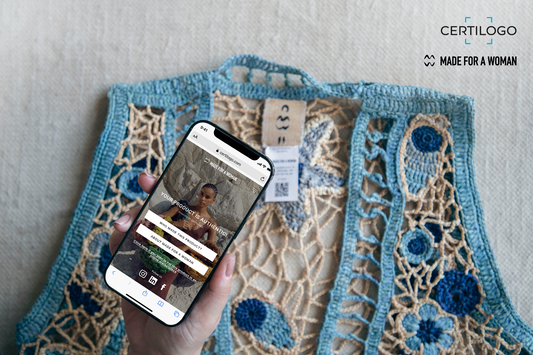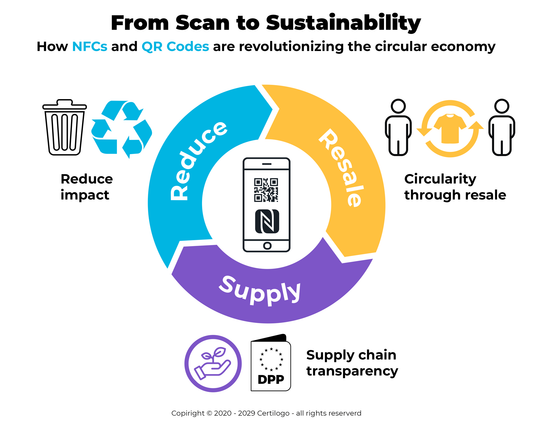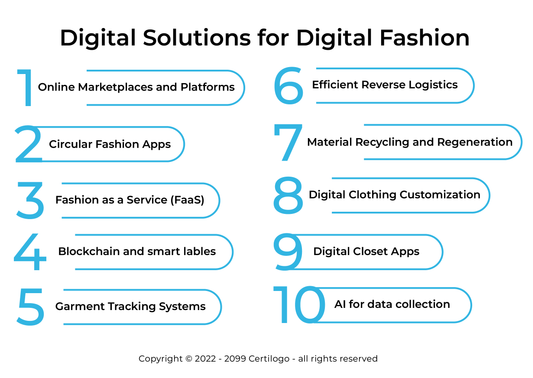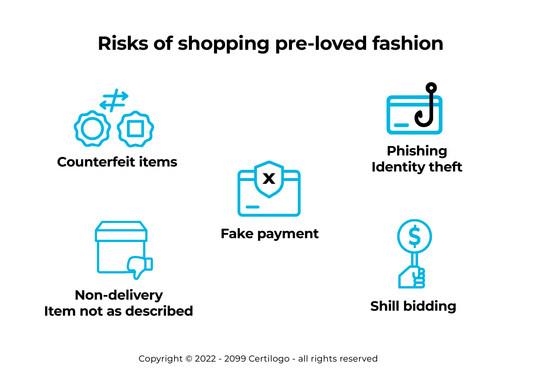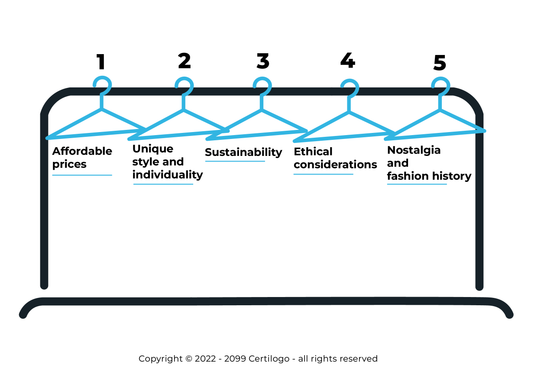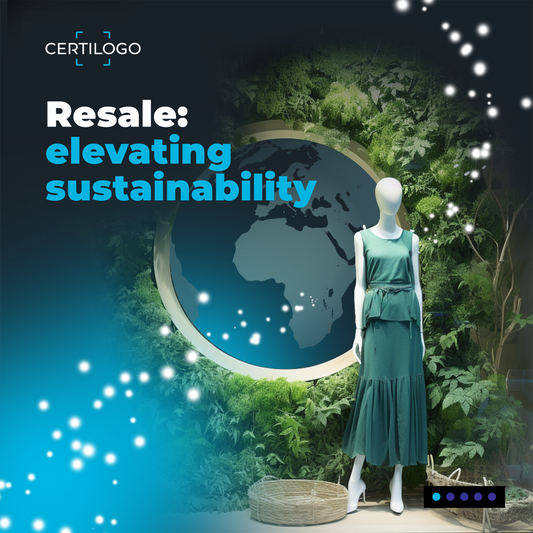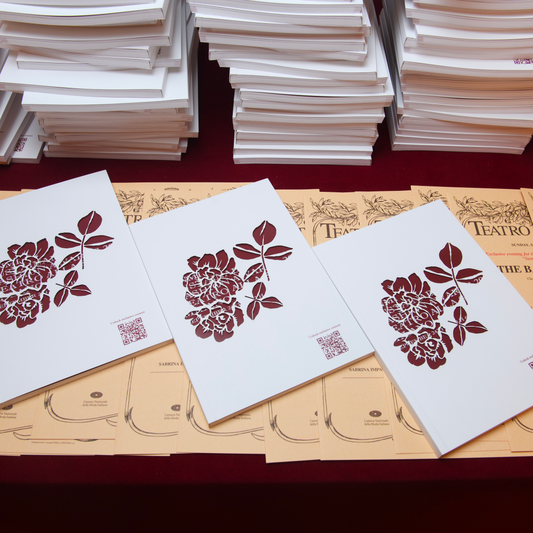Certilogo hosts exclusive workshop in partnership with Camera della Moda
Ready to activate resale?
Certilogo champions responsible fashion with Made For A Woman brand partnership
From scan to sustainability
10 digital solutions that are facilitating circular fashion
How to shop pre-loved fashion online safely: The key risks to avoid
The different types of second-hand shopper
Resale: Top 10 benefits for brands
5 ways resale elevates sustainability
CERTILOGO is a partner of the CNMI Sustainable Fashion Awards 2023




